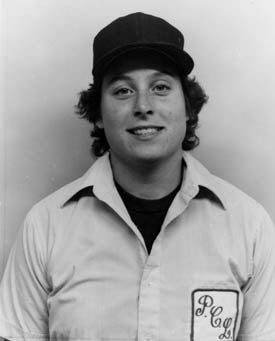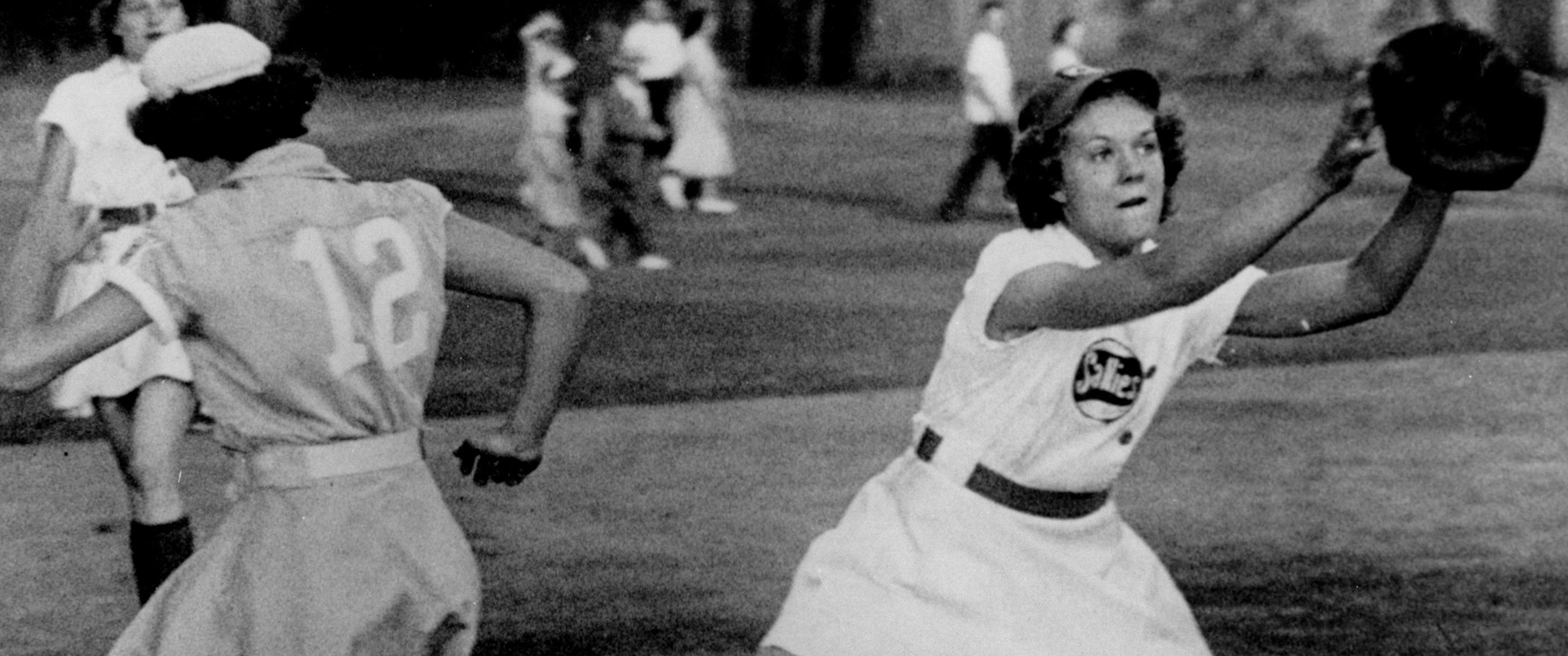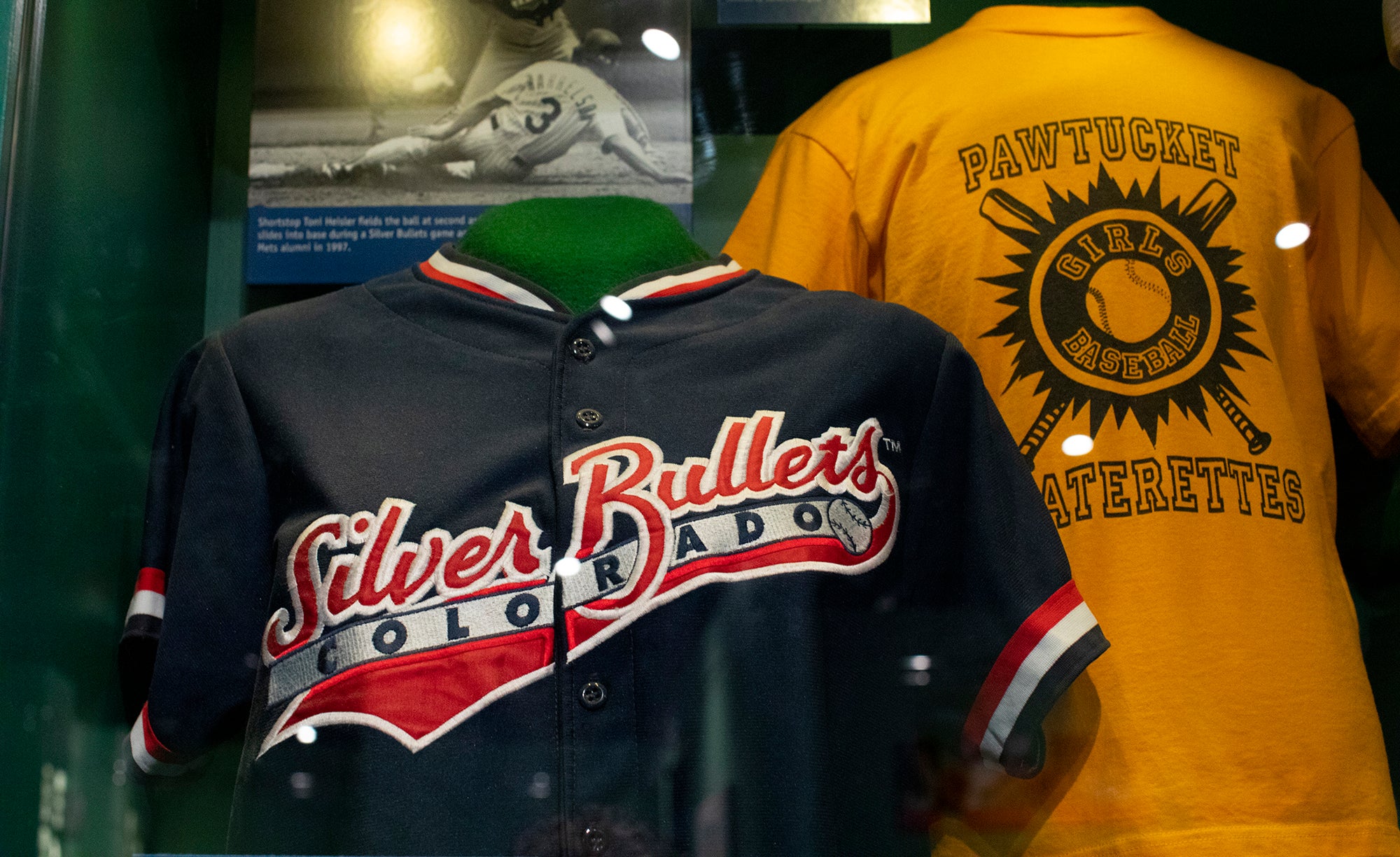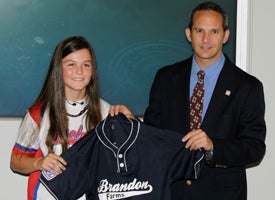It would be really cool to just get to the point where people think, ‘Oh wow, she knows her stuff. And he knows his stuff.’ It should be common knowledge that women and men can talk about sports."
Mendoza blazing trails for women broadcasters on ESPN
For Mendoza, however, being the first woman to have a full-time baseball analyst’s role at ESPN is the culmination of years of work in the broadcast booth. The two-time Olympic medalist joined ESPN in 2007 and provided color commentary during the Women’s College World Series – in which Mendoza played while at Stanford – for several years. She also served as a sideline reporter for ESPNU.
Hall of Fame Membership
There is no simpler, and more essential, way to demonstrate your support than to sign on as a Museum Member.
Upon the January announcement of her latest assignment, the native of Camarillo, Calif., expressed her amazement to the Associated Press regarding how fast this has all come about.
“It’s just crazy when I look back, and literally less than six months ago I had no idea what was going to happen after the Monday night games,” Mendoza said.
Mendoza became the first in-booth female broadcaster to call a Major League Baseball game on Monday, Aug. 24, 2015, when she sat in with Dave O’Brien and Dallas Braden for a game between the Cardinals and Diamondbacks. She gained even more renown when she filled in for Schilling for the Sunday night game between the Cubs and Dodgers on August 30th. While Chicago’s Jake Arrieta made his own history that evening by tossing a no-hitter, Mendoza’s performance on air allowed her to spend the remainder of the 2015 regular season as a part of ESPN’s Sunday night broadcast.
As the 2016 season progresses, there might not be any analyst – male or female – who will be as prepared as Mendoza. She has reviewed her own games, received advice and opinions from those around her, and she has even shadowed ESPN’s Monday Night Football team, Mike Tirico and Jon Gruden.
“If she’s going to talk hitting to me, I’m not going to go ‘She’s a woman, I’m going to walk away.’ … “I really feel like the players of today have been just, ‘Hey, I’m going to listen.’ We have these conversations and not once has one of them gave me a look like ‘You don’t know what you’re talking about’ or walked away. Nothing. If anything, they’ve been more open, curious like ‘What does she have to say?’ And that’s been cool.”
Matt Rothenberg is the manager of the Giamatti Research Center at the National Baseball Hall of Fame and Museum








